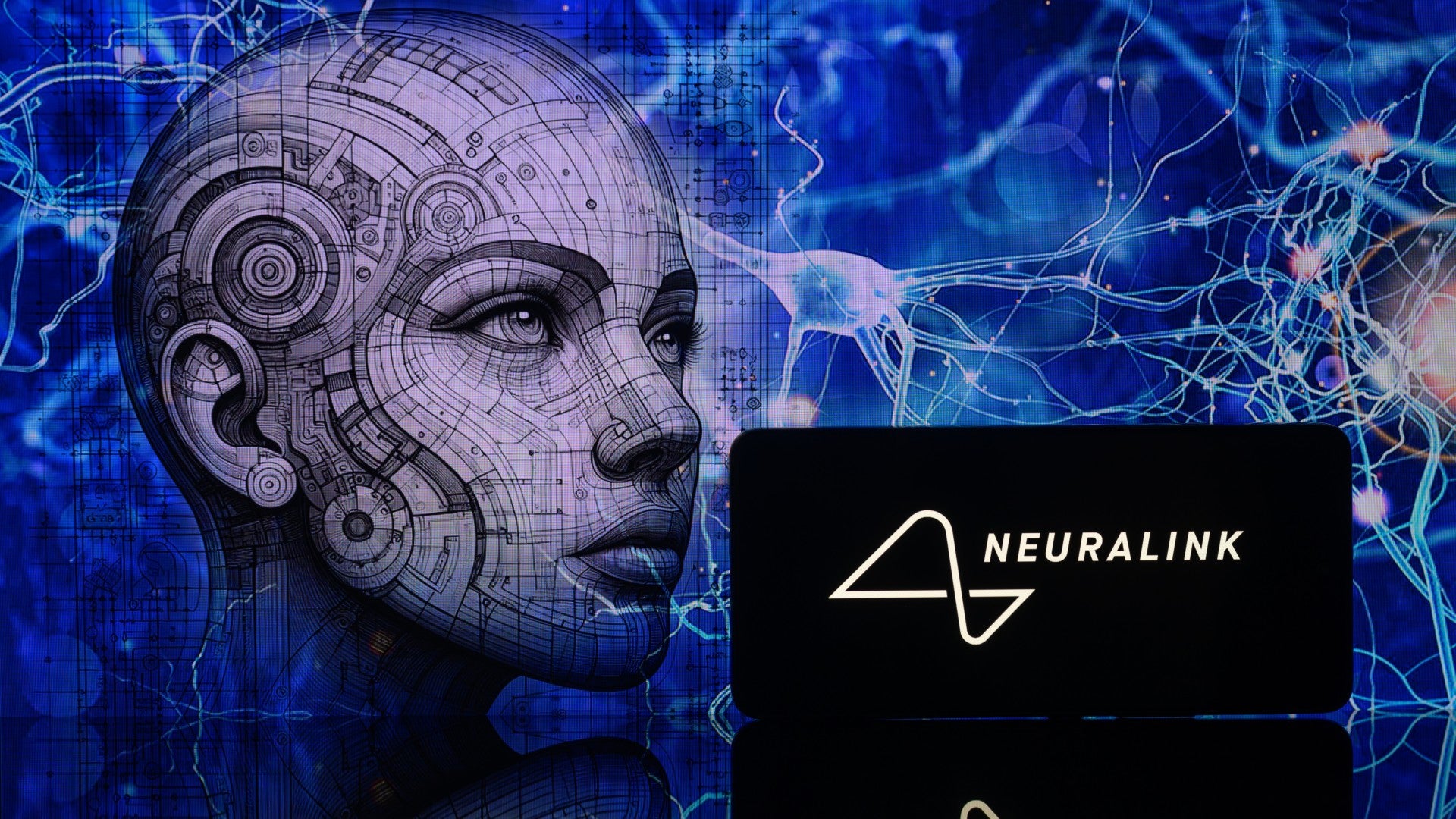
Billionaire Elon Musk’s brain-computer interface (BCI) company Neuralink successfully completed its first human implant on Sunday (28 January), according to the founder. In a post on X, the social media site he owns, Musk announced that the patient is recovering well. This is likely to be welcome news for investors in the start-up given the string of worrying stories that have followed the company for the past few years, most recently the news that the company had mishandled hazardous waste. Questions remain, however, over the long-term efficacy and safety of the product.
Neuralink’s mission, according to its website, is to “Create a generalized brain interface to restore autonomy to those with unmet medical needs today and unlock human potential tomorrow.” Currently, this means implanting a brain-computer interface into patient’s skulls to allow them to operate computers and artificial limbs with their thoughts. Technology consultant Michael Orme said that if proven, the product, “can be deployed in principle to control any device while ushering in a true revolution for severely disabled people.”
How does Neuralink work?
Public details on how exactly the implant works are minimal. What is even less clear is what is actually new about the product. Blackrock Neurotech, a company with over nineteen years of human studies, already markets a series of BCIs including the Utah Array, a product in use in over 1,000 labs. Patients using these implants have been able to control robotic limbs, type with over 90% accuracy and regain finger and wrist movement. The company has been conducting in-human trials of its at-home BCIs since 2022.
Orme also noted that Meta is heavily staked in the BCI game, focusing on a non-surgical approach: “Meta acquired CTRL for up to $1bn in 2019. CTRL’s mission was and is, now within Meta, to develop technology that can guide digital devices with brain signals. Under legendary applied neuroscientist Dr Thomas Reardon it is developing the technology to guide digital devices by decoding filtered streams of neural signals travelling down the arm at lightning speed from the brain. No need for invasive brain chips. The technology will be used in Meta’s next-generation AR glasses.”
CTO and Cofounder of BCI company Diagnostic Biochips Brian Jamieson was more positive in an interview with Medical Device Network, but urged caution: “It is exciting. But I don’t know that we know what’s really going on. He [Elon] plays his cards very, very close to the chest. The stuff that I’ve seen that I think is really interesting is the scaling. We’ve known for a long time that when you’re trying to interface with the brain, site count, meaning the number of places that you’re sampling, really matters. Not just count, but scale in the sense of getting down to the cell level.
Access the most comprehensive Company Profiles
on the market, powered by GlobalData. Save hours of research. Gain competitive edge.

Company Profile – free
sample
Your download email will arrive shortly
We are confident about the
unique
quality of our Company Profiles. However, we want you to make the most
beneficial
decision for your business, so we offer a free sample that you can download by
submitting the below form
By GlobalData
“There are a lot of parts to that how you do that well and the thing that I’ve from what we’ve seen, which again, is limited, is the surgery. The robotic surgery, the multiple independent threads, targeting those to avoid vasculature, all that stuff, it’s the kind of problem that money can buy. Not to be flippant, but there are a lot of brain interfacing problems that academia and researchers have done a really good job tackling but that’s not one of them.”
He was also sceptical of some of Musk’s more grandiose future plans for the product. When asked about non-medical applications of BCIs, which he described as “cyber enhancement and that kind of crap,” he told MDN that “I talked about earlier about betting my life [that the medical applications would come to fruition]; I would bet my life that that ain’t gonna happen in your lifetime, his lifetime or mine. You have all the risks, and very little reward. They would have to be massively safe and incredibly powerful implants to be worth it in any meaningful sense and I think we know so much less about the brain than is going to be required to pull that off. And I don’t know that I want to live in that world anyway. It’s kind of a scary world.”
Ethics concerns
Neuralink also has a less-than-perfect record when it comes to ethics. In December 2022 Reuters reported that the company was under federal investigation due to allegations of animal welfare violations following internal staff complaints.
As the story developed, the publication further revealed that the board that approved the company’s animal testing research was predominantly made up of Neuralink staffers, creating potential conflicts of interest. Wired then reported on veterinary records that revealed monkeys used by the company for testing died in what appeared to be excruciating pain.
Given Musk’s propensity to embellish the truth, some have even questioned whether Neuralink has in fact completed the surgery claimed, given the lack of independent verificiaton.
None of this has stopped the money flowing in: the company has acquired over half a billion dollars in funding since its founding in 2017, and its most recent round brought in $280m.
<!– –>
- SEO Powered Content & PR Distribution. Get Amplified Today.
- PlatoData.Network Vertical Generative Ai. Empower Yourself. Access Here.
- PlatoAiStream. Web3 Intelligence. Knowledge Amplified. Access Here.
- PlatoESG. Carbon, CleanTech, Energy, Environment, Solar, Waste Management. Access Here.
- PlatoHealth. Biotech and Clinical Trials Intelligence. Access Here.
- Source: https://www.medicaldevice-network.com/news/can-elon-musks-neuralink-be-trusted-to-put-chips-in-your-brain/




